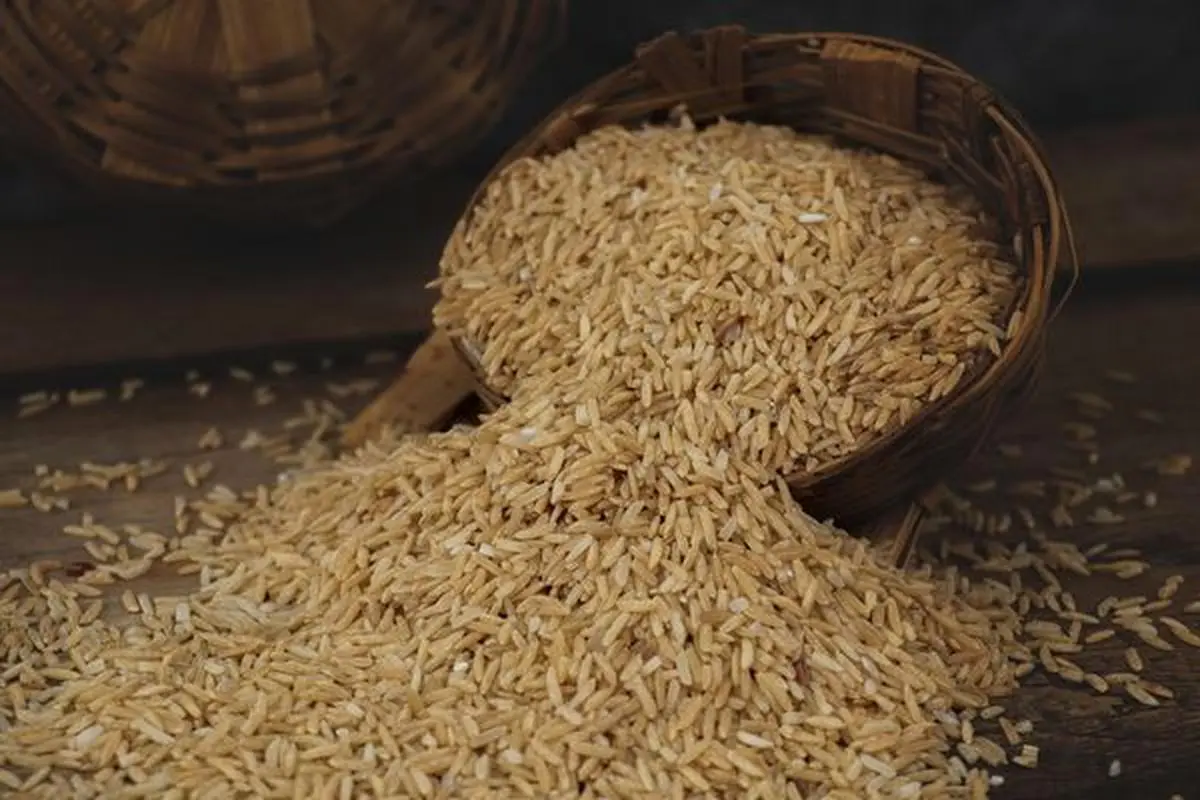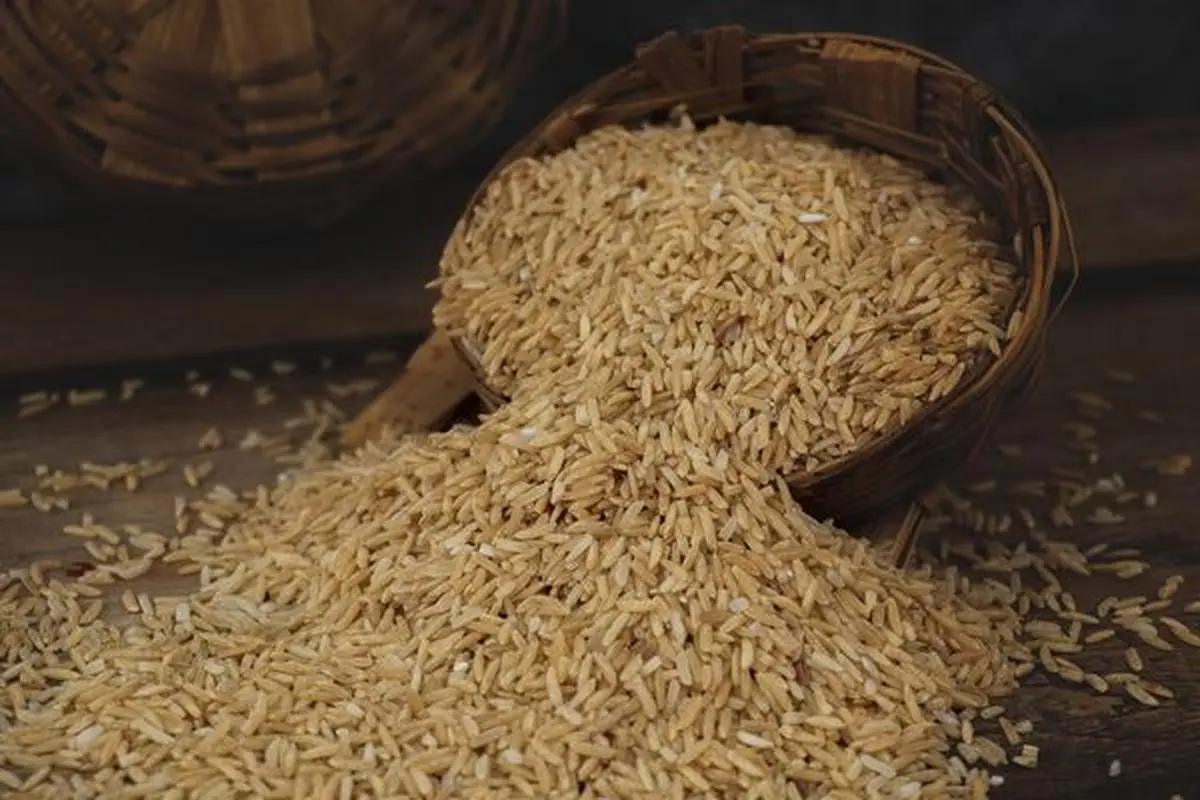Africa Rice initiative aims to give farmers more control over their land in order to reduce flooding and increase yields

Salmata Ouattara remembers 2023 as the turning point for her rice farm. June is usually the peak of the rainy season in Ivory Coast, but in the preceding years she and other farmers in M’Be on the outskirts of Bouaké, the country’s second biggest city, would wait weeks for rainfall.
“Rice is very popular because it is easy to cook,” he said. “It used to seem like a luxury food to many consumers, compared with maize and millet. If you go to Sierra Leone, they used to consume a lot of roots and tubers etc, but people now associate those foods with poverty so they prefer rice.”Sali Atanja Ndindeng heads the rice sector development programme, which develops new varieties in conjunction with market trends and analyses samples received from partner institutions in member countries to help identify good grain quality.
“Our goal is to make rice not just an energy-dense food, but a nutrient-dense food … and at the same time, reduce the impact of rice causing peaks in glucose levels when people consume it,” he said. One way to do this, the team thinks, is to promote the consumption of parboiled rice – which some studies have shown has a lower impact on blood sugar levels – in countries such as Ivory Coast, where it is historically unpopular, to mirror countries like Nigeria where it is prevalent.
Ndindeng’s teams also make pop rice that can be ground to instant flour for children to eat with milk and chocolate as well as rice crackers integrated with local items including ginger, hibiscus, soy and tamarind which are high in zinc and iron, to tackle deficiencies in those micronutrients.
Many barriers are holding back member countries from reaching self-sufficiency. For years, cheap imports have flooded African markets from Asia, where producers benefit from heavy subsidies. Africa imports about 40% of rice it consumes – about 15 to 16 million tonnes every year. More than half of the imports come from India alone. In July 2023, India banned rice exports, citing the need to consume more locally. “That created a panic in Africa,” said Manneh.
“African ministers had to go to India to negotiate. ”Only a fifth of rice fields in Africa use irrigation, with the rest relying on unpredictable rainfall, so member states are being guided on building climate-resilient systems.
Tanzania is self-sufficient and exporting within east Africa. In west Africa, Nigeria, is close to doing so. Manneh is hoping for more success stories on a national level, but also on an individual level with farmers such as Ouattara, who are still stunned by what science is doing for their lives.
